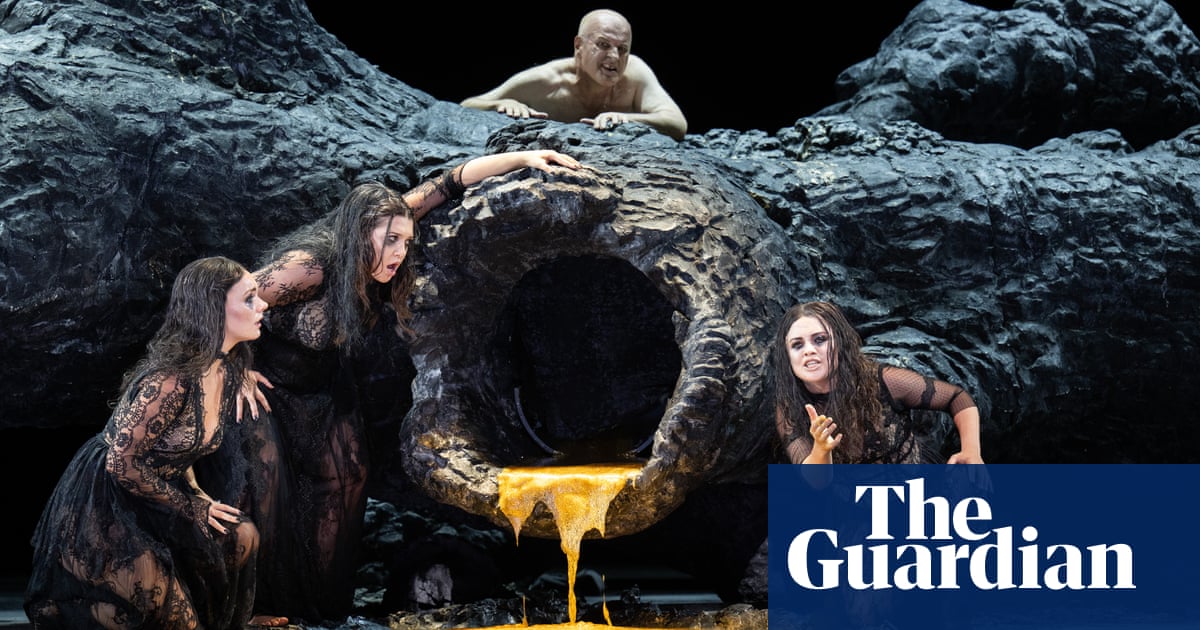“America is ready for a new chapter,” declared Barack Obama to the Democratic National Convention in August, “America is ready for a better story.” Many agree, but commentators trying to explain the bewildering reversals and bizarre dynamics of this unprecedented election campaign often reach for old and familiar stories.
Shakespeare has been a popular reference point: Joe Biden compared to King Lear in his reluctance to relinquish power, Donald Trump to characters like Richard III and Macbeth. However, a different form of drama, less realistic but potentially more illuminating, may offer analogies that shed light on the current political landscape.
Richard Wagner’s Ring of the Nibelung, first performed almost 150 years ago, presents a tale where the dwarf Alberich seizes power through deceit and manipulation, much like Donald Trump. Alberich’s lust for power and authority mirrors Trump’s own approach, with both figures facing challenges to their rule and a relentless pursuit of dominance.
Similarly, Biden can be likened to Wotan, a character who recognizes his declining abilities and must pass on the mantle of leadership to a younger, more capable successor. Biden, like Wotan, has achieved much in his career but grapples with the realization that his goals may only be achieved through others.
As the election drama unfolds, the parallels between Wagner’s characters and the current political players become apparent. Whether Kamala Harris can embody the spirit of Brünnhilde and influence the election’s outcome remains to be seen. Harris’s emphasis on love and joy in her campaign contrasts with the harsh political discourse, offering a different approach to leadership.
While the comparison to Wagner’s Ring is not literal, the themes of power transitions, environmental consequences, and the transformative power of love resonate with the current political climate. Wagner’s work, though complex and open to interpretation, offers insights into the dynamics of leadership and the pursuit of power.
As the election nears its conclusion, the American electorate faces a choice that will shape the country’s future. Just as Wagner’s characters face uncertain fates, the outcome of this election remains uncertain. Whether Trump will continue to be a dominant force in politics or fade into irrelevance, the echoes of old stories like Wagner’s can help us navigate the complexities of the present.”
